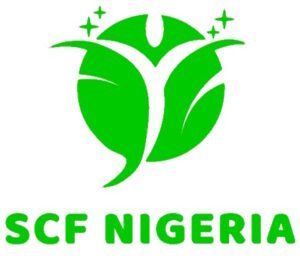Other Individual Grants
As indicated on this page, when a group of poor people are giving a monthly stipend, microenterprises blossom, especially women owned businesses. Those could be in the form of individual businesses such as a dress maker, a barber, a furniture maker, artisan crafts (pottery, weaving, and wood carving), soap and candle making, energy providers or care providers (child, elder and health care). Likewise various forms of collectives can be formed where multiple people come together to form a joint enterprise.
Nonetheless, one class of business touches everyone in a village, as well as in towns and cities. Farms and all manner of food providers such as: dairy (milk, cheese, eggs, yogurt, etc.), meat (chickens, pigs, etc.), vegetables, fruits, tubers, grains (corn, wheat, and rice, etc.), bee keeping and more. And given that our primary individual grant program is in the form of a basic food grant (BFG), there should be plenty of money to support all manner of farmers and food providers, which in turn will then be circulated through the rest of the local economy to nurture and support all manner of local enterprises.
However, a large percentage of those microentrepreneurs and farmers will need startup and/or growth funds to get their businesses off the ground and to grow. That is where our additional grant programs come into play. We will provide startup and/or growth grants to anybody who can put a reasonable business plan on the table when requesting such a grant. We will be providing a simple screening mechanism for all such applicants and nobody will be turned away simply because of their age, gender, religion, or even previous business experience. Part of our system will provide support and guidance to those needing it, especially first time entrepreneurs.
Other Businesses
SCC also has a comprehensive program for nurturing both existing businesses and startup entrepreneurship and workforce development programs, that SCC will deploy as soon as the poverty elimination and infrastructure programs are off the ground.
As described on our voucher bank portal website Universal Exchange Nigeria (UNIEX.NG), SCC has programs to support existing for-profit small businesses (SMEs) and non-profit organizations, typically found in suburban and urban areas.
We will also nurture new enterprises there too. That will entail establishing business incubators and startup accelerators in close proximity to the 14 colleges and universities in Enugu State, where tens of thousands of college students attend school. Those incubators and accelerators will also be open to the general public, as well as for those college students.
And just like in the U.S., a very high percentage of those students are interested in establishing their own business or joining a startup. In fact, college students are one of the best demographic groups to not only want to be involved with startup businesses, but they also embrace the overall concept of vouchers as well, as we describe in this document.
In that document we explain how we will provide startup voucher grants to launch both for profit and non-profit enterprises, allowing us to fund 100% of the projects that look promising but lack startup funds. No other system can do that.
More information on SCC’s entrepreneurship and workforce development program here.
